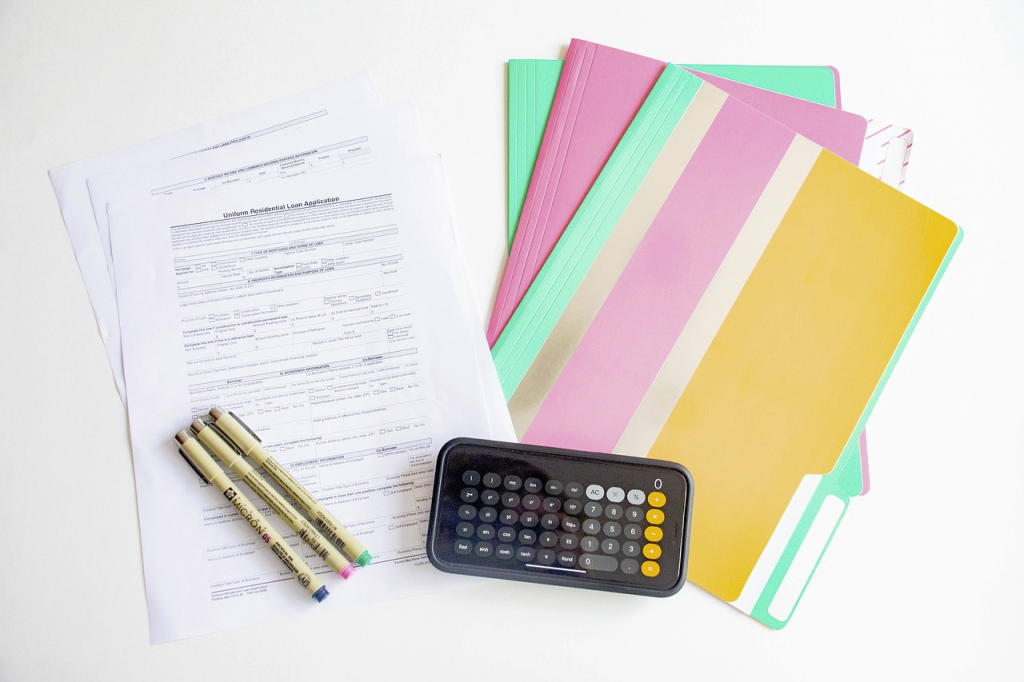Securing a mortgage to buy a home is an aspiration for many people, but if you have never done this before, it can seem unattainable or at least very daunting as a prospect.
To demystify the process and put you in the best possible position, here are a handful of things to keep in mind when you decide the time is right to get a mortgage of your own.
Table of Contents
Mortgage rates can vary a lot
First-time property buyers are often so focused on getting a mortgage, any mortgage, that they do not actually drill down into the specifics of the packages that are made available to them by lenders. This can come back to bite you if you fail to take into account the rate of interest that you are required to pay on your housing loan.
There can be vast variations in rates from lender to lender, so it is best to shop around for rates and pinpoint the offers that will keep your monthly repayments to a minimum. If you are age 62+ you may be interested in comparing a refinance to a HECM reverse mortgage. This is a special type of loan designed for older American’s limited to fixed income that may benefit from tapping some of the home equity you have built up over the years. Read more about how reverse mortgages work at ReverseMortgageReviews.org.
Your credit history will impact your eligibility
While factors like the amount of cash you have saved for the downpayment on your mortgage and the amount of money you earn will definitely play a role in determining whether or not you can secure a mortgage and what kinds of deals are made available to you, your credit history is even more important to consider.
What you might not appreciate is that having no credit history, or a very limited one, is just as much of an issue as having a bad credit history. This can create issues for younger home buyers, who may not have had the time to build up a background of repaying credit cards and smaller loans.
Whatever the case, using one of the many credit score services provided by different agencies will give you an insight into your current standing, and provide you with a good idea as to whether or not your mortgage application will be successful. Take action to improve your score by paying down debt and making repayments on your existing obligations in a timely manner, if necessary.
Additional expenses can mount up
Choosing a budget for your house hunting might seem straightforward, but you have to bear in mind that there are a lot of other costs you will need to absorb when buying a home, otherwise you could end up overstretching yourself.
In addition to the cost of the property itself and the mortgage repayment terms and rates, you need to weigh up things like the property taxes you will be responsible for, the insurance that will be a requirement of getting the mortgage, the ongoing maintenance costs that come with home ownership and the utilities you will need to pay for once you move in.
Accuracy is essential
When it comes to actually applying for the mortgage itself, it is vital that you provide entirely accurate information on the form, as if you get something wrong or are dishonest about some aspect of your background and finances, you could have the application declined, or suffer other consequences.
Applying for a mortgage and being rejected by a lender will also harm your credit score, so it is not worth leaving anything to chance here.
This is why lots of people use brokers when looking for a mortgage, as this lets you benefit from expert advice and guidance through the application. Whichever route you take, be sure to think things through thoroughly and avoid hasty decision-making, as even seemingly small choices can have major repercussions.


